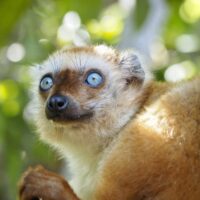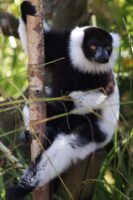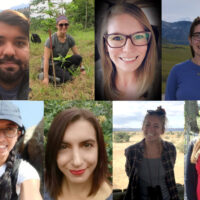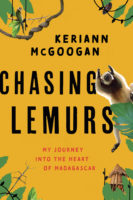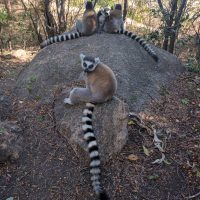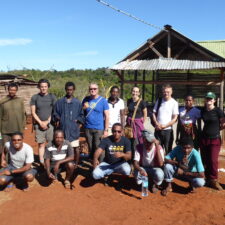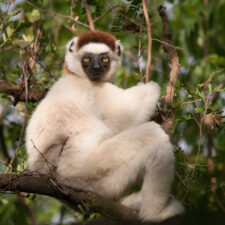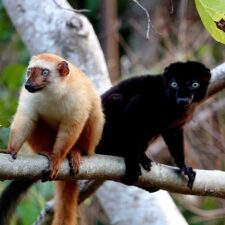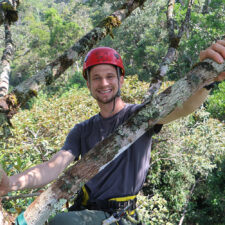It’s fair to say that zoos have moved away from the image of just being a place for entertainment. Although recreation is still an important focus for zoos, they now place a lot of value on education, research and conservation. When it comes to conservation, zoos have the ability to conduct plenty of ex situ conservation work, such as captive breeding programs. But, there are also lots of ways that they help support in situ conservation efforts that take place […]
